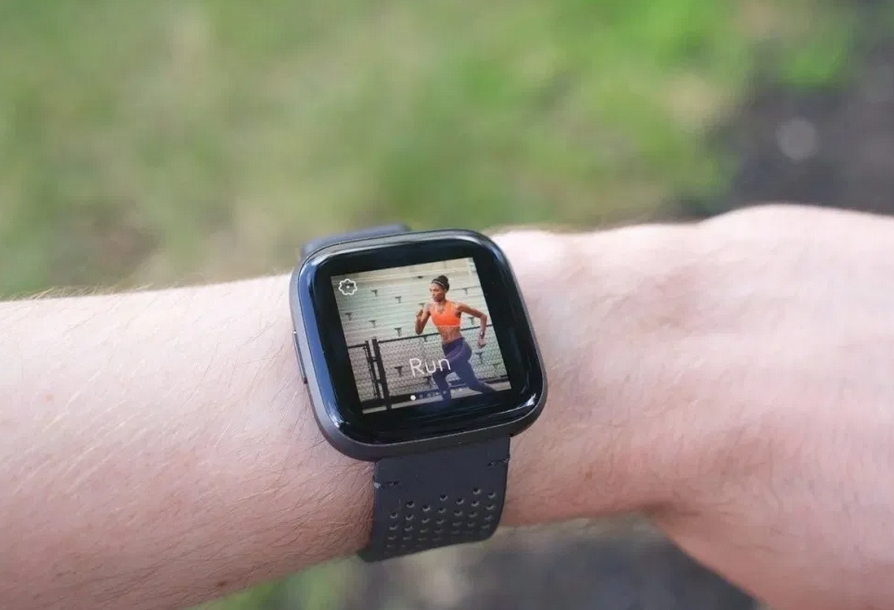The freelancing industry is growing bigger, which means that competition is also becoming stricter. Just like any other profession, your biggest weapon when applying to a job is your experience. But what if you don’t have any freelancing experience yet? Is it a dead end or can you take a different route?
Fortunately, there are other effective ways to get your first client as a freelancer. Here are the five proven steps to start freelancing with zero experience:
Step 1. Reach Out to All the People You Know
When freelancing, friends are a huge asset. Friends will drive a good percentage of your business. If you lose contact with some of your friends, this is the time to reconnect with them. Your ex-boss who treats you like a friend might be a good source of leads as well. Don’t forget to send messages to your colleagues, and even to those who you met at a seminar years ago.
In short, make everyone know that you are looking for freelancing jobs. Don’t be shy about marketing yourself because nothing it is standard protocol for consultants and freelancers. You have nothing to lose and a lot to gain if you do networking properly and consistently.
The best time to start networking is 30 days before start freelancing. This time frame is enough to make sure that they receive your message and you have enough time to make some follow-ups. Don’t be too pushy or too desperate trying to get a job or a referral. Be professional and polite when asking for favors.
Step 2. Know Your Brand
Your skill, experience, academic achievement, personality, and professionalism are all part of your brand. When you are asking a client to hire you, you are selling yourself. Any part of yourself that doesn’t look good for a potential client can spoil a deal.
So how do you establish your brand?
Sign up for an account on LinkedIn, other social media sites, and freelancer marketplaces like Upwork and Guru. Fill out your profile and highlight the skills that you can offer to your clients. If you’re a writer, include your past experiences and training that showcase you a competent writer. Only include information that is related to your niche so that the prospects will know right away whether your skill matches their requirement.
Make yourself easy to find online. You can achieve this by creating an online presence through blogs, social media, the freelance marketplaces, and a portfolio website. You can now create website from scratch with the help of website builders which are free and easy to use.
Step 3. Write Your Goal
Before you quit your fulltime job and start freelancing full-time, you need to write your goals. Ask yourself: “What is my plan for the next 365 days?”
Maybe you plan to research the top freelancers in your field and see how they became successful. Your goal might be to join a freelancing group on Facebook and ask for advice. Or, you could use the time to expand your network by connecting to X number of people per day. Whatever it is that you intend to do, you need to write them down. This simple act of writing your goals will make them statistically more likely that you will carry them out.
Specify your financial goal too. Know how much you want to earn on a monthly or even a weekly basis. Know how many hours you can work to achieve your goals. Setting a goal is vital to determine the steps that you need to take, the time frame for each step, and the things you need to let go to reach your goal.
Step 4. Do Your Research
There are a lot of ways to learn- reading blogs, joining social media groups, following the content of top freelancers, or even Udemy courses.
It is also essential to know your competition. In sports, players watch their opponent’s game to identify their strengths and weaknesses. After watching the game, they create a plan on how to be better than their rival, both in offense and defense. This strategy is also applicable to you as a freelancer. You’ll also need to learn how to apply for freelance jobs
Go to a freelancing marketplace and look at the profile of the top-rated freelancers within your niche. Focus on how they structure their profile, what are their credentials, certificates, past experiences, etc. Compare and contrast your profile to theirs and see how it fares. Does your profile stand-out? Do you need more training to catch up with the competition? These are just some of the questions you need to answer when you do your research.
Step 5. Get a Freelancer Coach
Learning the freelancing industry on your own is fine, but sometimes it’s just not enough, especially if you have aggressive financial goals. The best way to learn is by taking lessons from those who have been in your shoes before. We’re talking about getting a freelancer coach that understands your situation and has the expertise to guide you on your journey.
If you are searching for the best freelancer coaches, Mike Volkin is one of the names that will come up in your search. It’s easy to understand why. He has extensive experience as a freelancer, serves as a consultant for various companies of all sizes, a sought-after speaker for career development, and the face of Upwork, a giant freelancing company.
Mike is the lead instructor of Freelancer Masterclass, a course designed for freelancers like you who want to get a client quickly even with zero experience. This course is composed of nine modules that will guide you in every step of the way. Signing up for this course is like getting mentored by Mike himself, who gives you all the lessons you need to know to become a successful freelancer.













